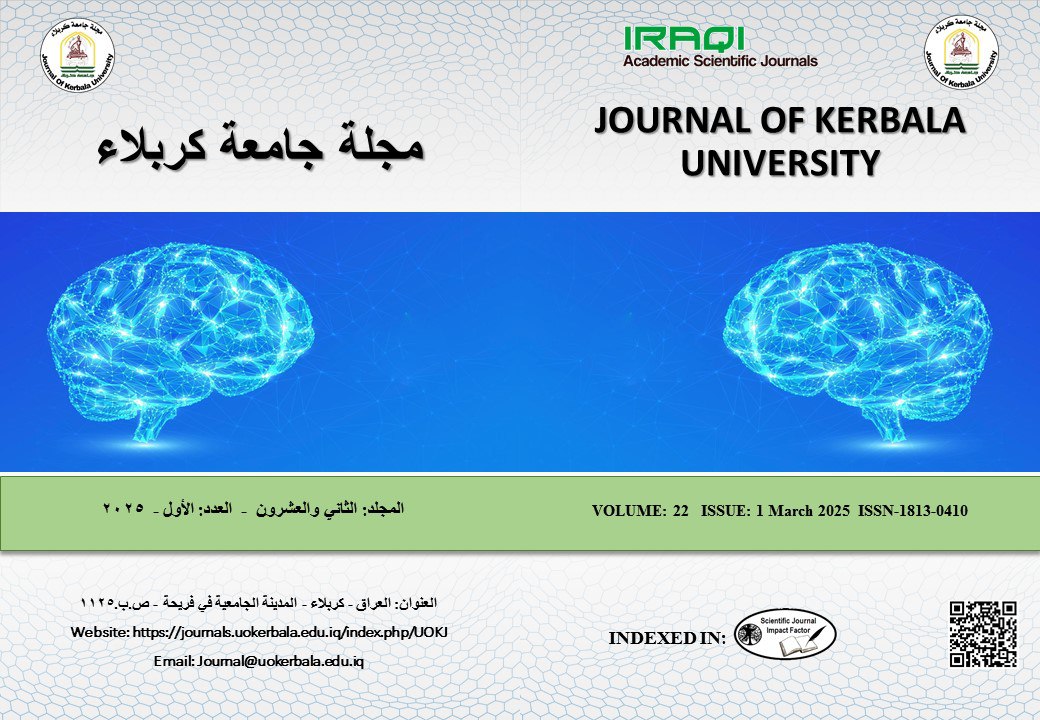Association between Non-alcoholic Fatty Liver Disease and Selected Physiological and Biochemical Factors among Diabetic Individuals
الكلمات المفتاحية:
Non-alcoholic fatty liver، Type 2 diabetes mellitus، Asprosin، adiponectin، lipid profiles، liver enzymesالملخص
Background: The primary function of the liver is to keep glucose and cholesterol levels at a normal level. Non-alcoholic fatty liver disease (NAFLD) is a chronic disorder that affects the liver and is characterized by insulin resistance, type 2 diabetes, and the accumulation of fat in the liver. It is possible for this to result in inflammation and scarring in the liver, which can then progress to non-alcoholic steatohepatitis (NASH) and other types of liver disease. That cannot be rectified in any way. cirrhosis of the liver.
Objective: The primary aim of the current study was to identify clinically applicable biomarkers for diabetes and fatty liver disease.
Materials and Methods:seventy women and men with nonalcoholic fatty liver disease and type 2 diabetes were among the 108 participants whose blood samples were taken for the research. The participants' ages ranged from 35 to 77. In addition, thirty-eight blood samples were obtained from individuals in good health.
Result: ALT and asprosin have a slightly negative relationship, but the connection is not statistically significant. In contrast, adiponectin and liver enzymes demonstrate a modest association. Also, with p values less than 0.05, a significant association was found between Asprosin and LDL, Insulin, and HOMA-IR. Cholesterol, TG, VLDL, HDL, and Asprosin all had modest to moderate positive associations (r between 0.3 and 0.46) with one another. Only LDL has demonstrated a negative relationship with asprosin.
Conclusion:Type two diabetes is closely associated with the development of non-alcoholic fatty liver disease, primarily due to the underlying mechanism of insulin resistanceby facilitating the liver's accumulation of free fatty acids
.Adiponectin and asprosin can serve as non-invasive markers for metabolic fatty liver disease.





